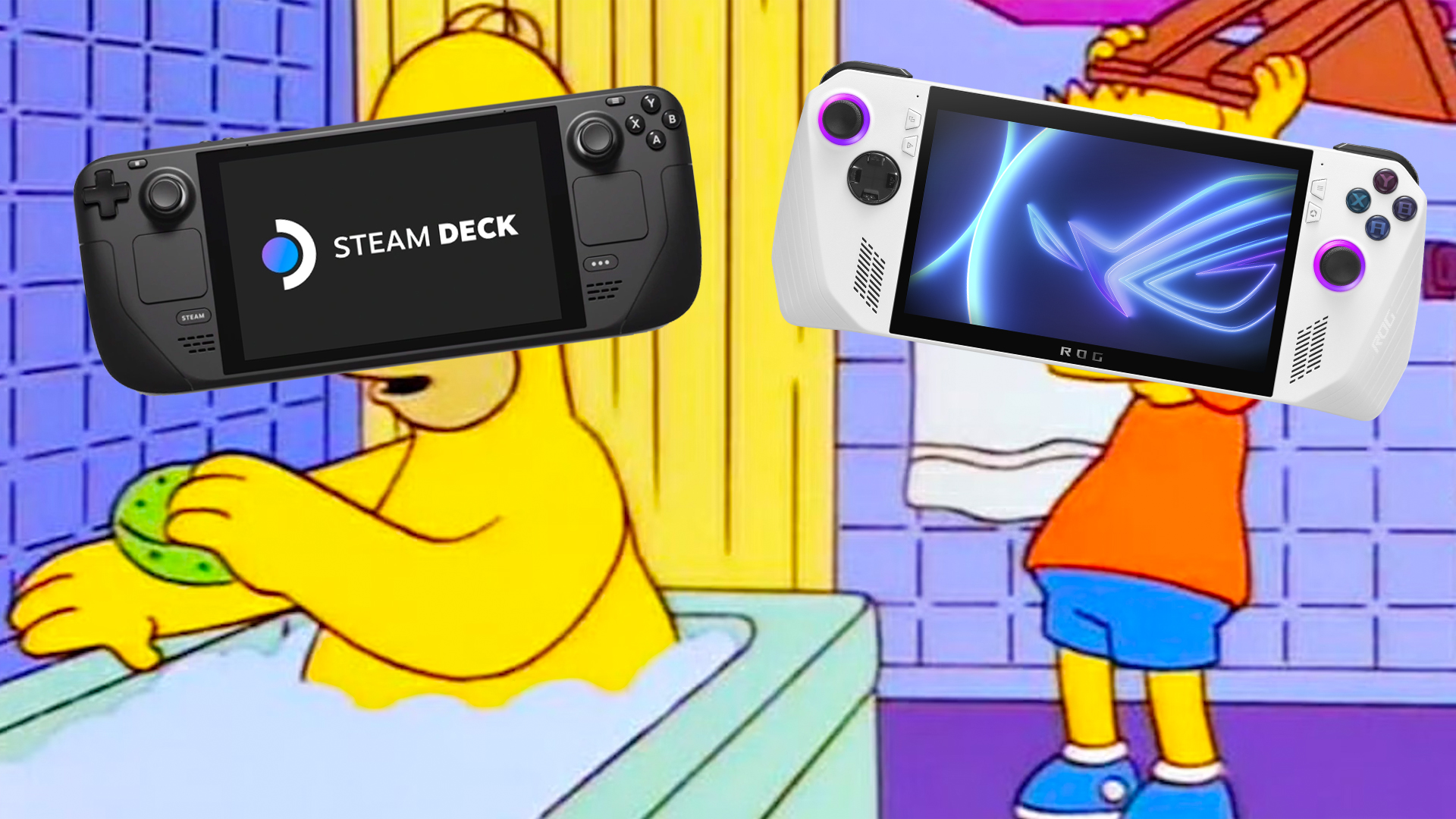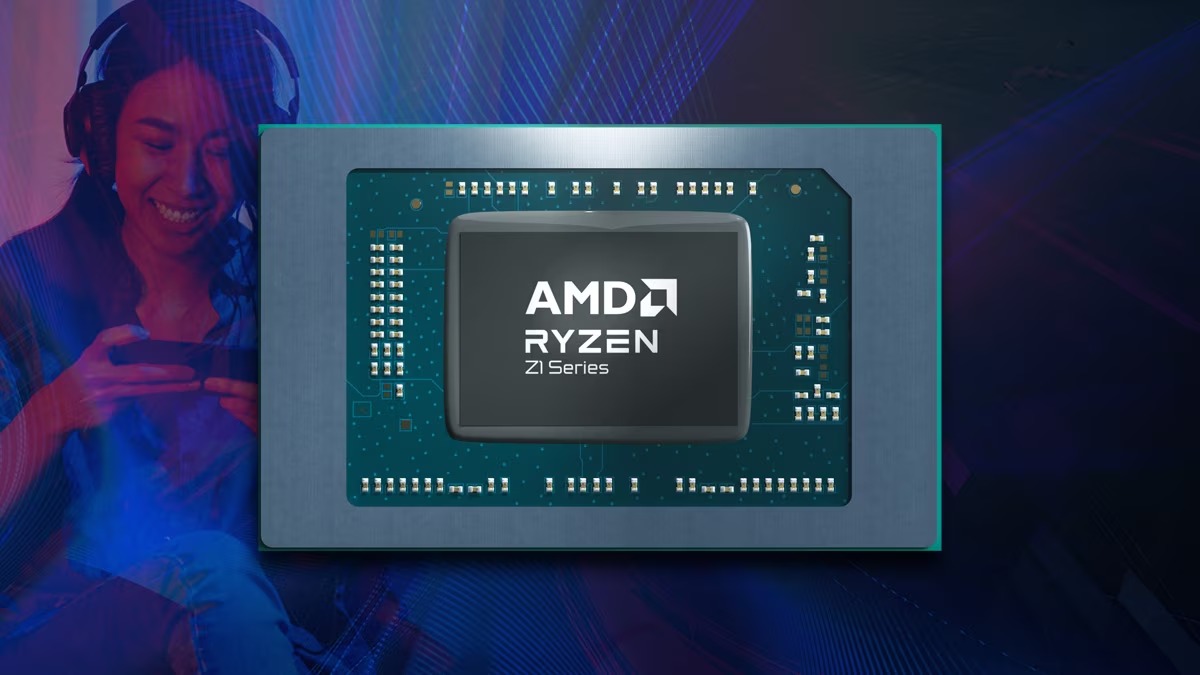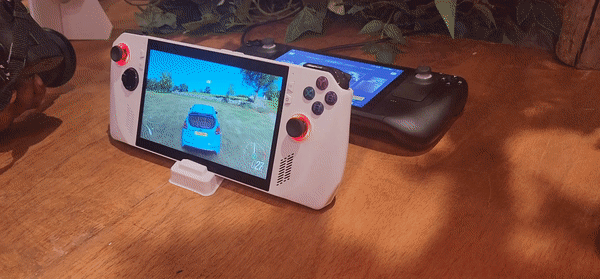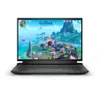I’ve played Steam Deck for a year — here’s 3 reasons why Asus ROG Ally is better
Valve must be sweating right now...

Sign up to receive The Snapshot, a free special dispatch from Laptop Mag, in your inbox.
You are now subscribed
Your newsletter sign-up was successful
I love my Steam Deck, but these three killer Asus ROG Ally features could end up giving me buyers remorse.
After a painstaking process of trying to secure my purchase of Valve’s handheld over a 2G data connection while drunk in a field, it’s been a match made in heaven. I adore being able to take so many incredible games with me on the go, which perform impressively well through a combination of the powerful internals and AMD’s Fidelity FX Super Resolution (FSR) tech.
But since seeing the Asus ROG Ally, thinking it was a prank announced on April Fools Day, realizing it wasn’t a joke, and finding out more through the recent announcement and several leaks, was I too hasty in picking my handheld gaming machine? I’m not sure, but it’s fair to say I’m nervous — and here’s why.
1. More power

On one side, this seems a little inevitable. The cycle of chipset innovation powers on, and the AMD Ryzen Z1 or Ryzen Z1 Extreme is proof of that. Let’s break down what you will find in both these chips, as AMD has just dropped the announcement.
It almost seems like AMD is quietly starting to dominate this subsection of the handheld gaming space, and I wouldn’t be surprised to see these chips in a lot of different options this year.
And according to the company's claims, you're getting 50% faster performance at the same power draw as the Steam Deck (15W), and up to 2X better speeds at the full TDP of 30W.
We recently saw a leaked testing of the Ryzen Z1 Extreme, as the OpenCL score popped up on Geekbench. Seemingly running at up to 5GHz with up to 12 RDNA 3 graphics cores and 8GB of video memory, that 35,498 OpenCL score is mighty impressive.
Sign up to receive The Snapshot, a free special dispatch from Laptop Mag, in your inbox.

From our EiC Sherri L. Smith's experience during her hands-on impression, that translates to Forza Horizon 5 running at a silky smooth 60+ FPS at 1080p. When you compare this to the various hoops you have to jump through to get the game running at a solid 40-50 FPS on the Steam Deck, it's indicative of the additional horsepower in the Ally.
However, there is a question of software optimization. Valve has pulled off quite the master stroke with its tight integration between SteamOS and the custom Zen 2, RDNA 2 chipset on board. Does this go some way to facing up to the ROG Ally? Time will tell.
2. Better ergonomics

This isn’t to say that the Steam Deck isn’t comfortable to hold and play on. The ergonomic design of the machine means it does slip into your hand’s natural grip easily, and the buttons are all within reach of your fingers and thumbs.
But as you’ve seen from our hands-on, the ROG Ally seems to be lighter at 1.3 pounds (compared to the Steam Deck’s 1.5 pounds), which goes some way to solving the issue of fatigue over longer gaming sessions.

Not only that, but it looks like Asus has really paid attention to the subtler details of the design too. A grippy texture adorns the sections where your palms rest, and rather than the flat slab feeling of the Steam Deck, the surface of the Ally has a gentle 2-degree slant with the corners angling off at 14 degrees.
These are the results of five years of experimentation, so I’m quietly confident that Asus has crafted machine that will stay snug in your hands for longer stretches.
3. Not just locked to Steam

Sure, I know there are workarounds to get the likes of Epic Games Store content, Xbox Game Pass (cloud streaming only), and even a retro games emulator. But outside of the latter, adding any additional library of games is a complicated process involving a bit of Udev coding know-how.
Instead, thanks to it's Windows 11 OS base, the ROG Ally just works with everything. You’ll get your entire Steam library, alongside every other game store, and Game Pass games that are available to download for offline play.
Outlook
Now, there are several burning questions left to answer that will make or break the ROG Ally. What is the battery life? How does that zero gravity cooling perform under intense loads? How much will this thing cost?
We'd need clarification on these from some hands-on time in our upcoming review before we can settle the debate of what is truly better between the Steam Deck and Asus’ new handheld. But as far as first impressions go (looking past the whole April Fools Day timing of the unveiling), the Ally is certainly an exciting prospect.

Jason brought a decade of tech and gaming journalism experience to his role as a writer at Laptop Mag, and he is now the Managing Editor of Computing at Tom's Guide. He takes a particular interest in writing articles and creating videos about laptops, headphones and games. He has previously written for Kotaku, Stuff and BBC Science Focus. In his spare time, you'll find Jason looking for good dogs to pet or thinking about eating pizza if he isn't already.









